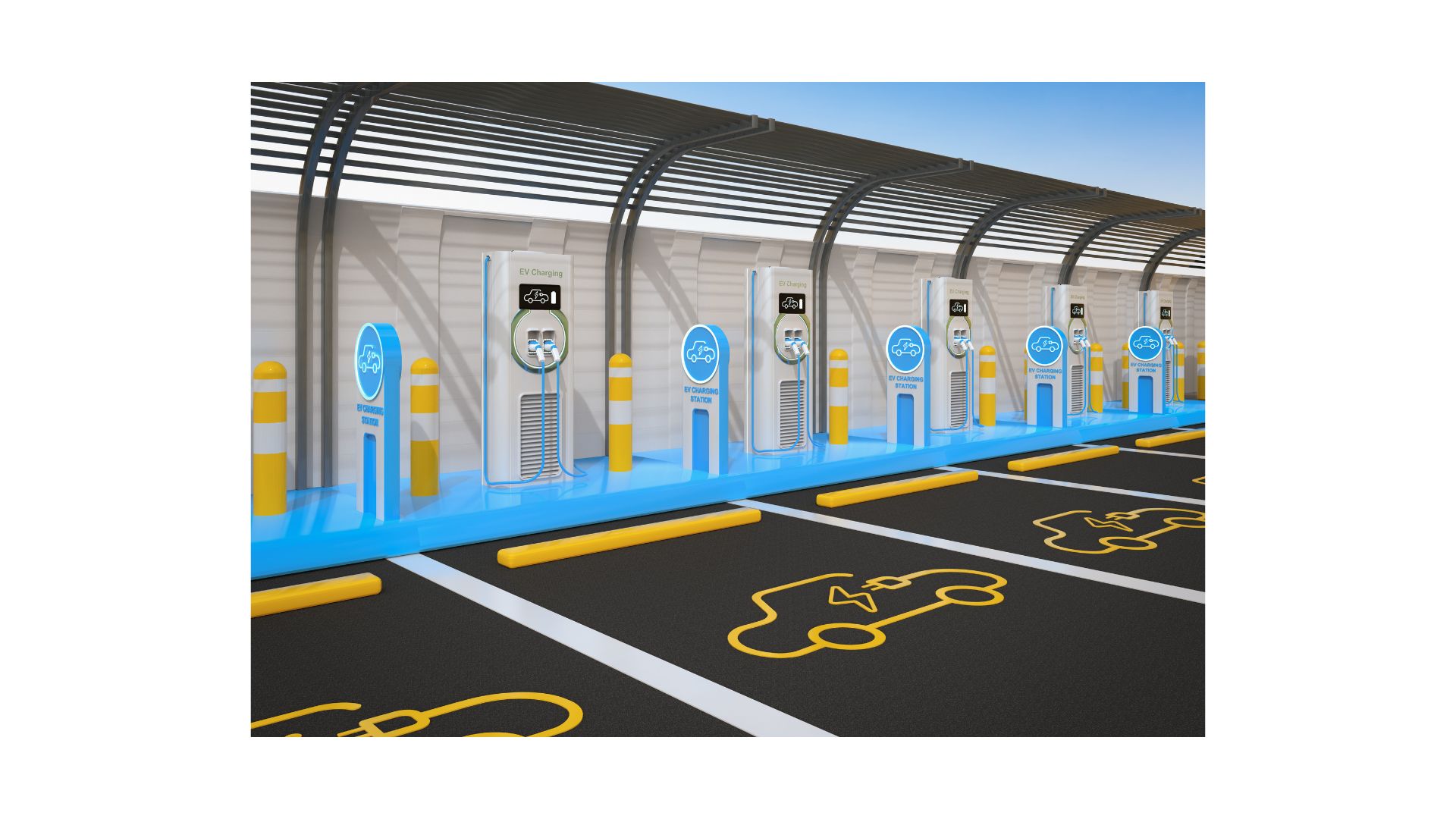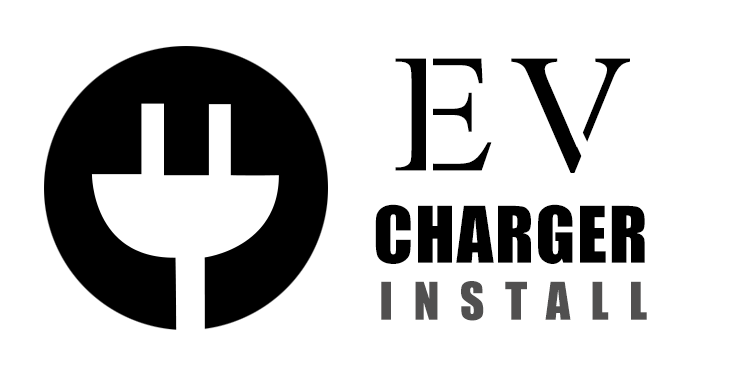
As electric vehicles (EVs) become more mainstream, the way we charge them is evolving. Smart chargers are at the forefront of this transformation, promising not only convenience and efficiency but also enhanced user experiences. In this blog, we’ll explore the role of smart chargers in the future of home charging, their benefits, features, and how they integrate with the broader energy landscape.
What Are Smart Chargers?
Smart chargers are advanced EV charging stations that leverage technology to optimize the charging process. Unlike traditional chargers, smart chargers can communicate with your vehicle and the energy grid, offering a range of functionalities that enhance both user experience and energy efficiency.
Benefits of Smart Chargers
1. Enhanced Charging Efficiency
Smart chargers can adjust charging rates based on real-time electricity demand and availability. This means they can optimize charging times to take advantage of lower energy rates during off-peak hours. By charging during these times, EV owners can save money and reduce stress on the electrical grid.
2. Remote Monitoring and Control
One of the most appealing features of smart chargers is the ability to monitor and control the charging process via a smartphone app. Users can check charging status, start or stop charging, and even schedule charging times remotely. This level of control provides users with flexibility and convenience.
3. Integration with Renewable Energy Sources
As more households invest in solar panels and other renewable energy sources, smart chargers can be programmed to utilize this clean energy for charging. By prioritizing solar energy, EV owners can significantly reduce their carbon footprint and energy costs.
4. Data-Driven Insights
Smart chargers collect data on charging habits, energy usage, and costs, providing valuable insights to users. By analyzing this data, EV owners can make informed decisions about their energy consumption, helping to optimize charging times and costs.
5. Automatic Software Updates
Many smart chargers receive regular software updates, allowing users to benefit from the latest features and improvements without needing to purchase new hardware. This ensures that your charger remains cutting-edge and efficient.
Key Features of Smart Chargers
1. Scheduling Capabilities
Smart chargers allow users to set charging schedules based on their preferences. For instance, users can program the charger to start at night when electricity rates are lower or to finish charging just before they plan to leave. This level of customization enhances convenience and cost-effectiveness.
2. Dynamic Load Management
This feature enables smart chargers to manage the power drawn from the electrical grid efficiently. If multiple devices are being used in the home, the charger can adjust its consumption to prevent overloading the circuit. This is particularly useful in households with multiple EVs or significant energy demands.
3. User-Friendly Interfaces
Most smart chargers come equipped with intuitive interfaces, whether on the charger itself or via mobile apps. Users can easily access information about charging status, power levels, and energy consumption, making it simple to manage their EV charging.
4. Integration with Home Automation Systems
Smart chargers can integrate with home automation systems, allowing users to control their chargers alongside other smart devices. For example, you can program your charger to start when energy prices drop or to stop if your home’s energy consumption exceeds a certain threshold.
5. Geofencing Capabilities
Some smart chargers come with geofencing features that detect when you arrive home and automatically start charging your vehicle. This technology ensures that your car is charged when you need it without manual intervention.
The Future of Home Charging with Smart Chargers
1. Widespread Adoption of Electric Vehicles
As EV adoption continues to rise, the demand for efficient and convenient home charging solutions will also increase. Smart chargers will play a crucial role in this ecosystem, making it easier for users to charge their vehicles effectively and affordably.
2. Integration with Smart Grids
The future of energy consumption is increasingly tied to smart grid technology. Smart chargers will be able to communicate with the grid to optimize charging based on energy demand, availability, and pricing. This not only benefits individual users but also helps stabilize the energy grid, particularly during peak demand periods.
3. Support for Vehicle-to-Grid (V2G) Technology
As technology advances, the potential for vehicle-to-grid (V2G) systems will become more prevalent. Smart chargers could enable EVs to discharge energy back into the grid during peak demand times, creating a more resilient energy network. This could turn EVs into valuable assets for both their owners and the energy system.
4. Sustainability and Reduced Carbon Footprint
Smart chargers can help homeowners make more sustainable choices. By optimizing charging times and utilizing renewable energy sources, these chargers support the transition to greener energy consumption. As more people become environmentally conscious, the demand for such solutions will likely grow.
5. Enhanced User Experience Through Innovation
As technology continues to evolve, we can expect innovative features to emerge in smart chargers. From improved energy management systems to enhanced user interfaces, future chargers will offer even more ways to streamline the charging process and make it more user-friendly.
Challenges and Considerations
While smart chargers offer numerous benefits, there are also challenges to consider:
1. Initial Costs
The upfront cost of smart chargers can be higher than traditional chargers. However, many users find that the long-term savings and efficiency gains justify the investment.
2. Technical Limitations
Not all homes may have the electrical capacity to support advanced smart charging features. Homeowners may need to consult with electricians to assess their systems before installation.
3. Data Privacy Concerns
As smart chargers collect data, users may have concerns about privacy and data security. It’s essential to choose chargers from reputable manufacturers that prioritize user privacy and data protection.
Conclusion
Smart chargers represent a significant advancement in home EV charging technology. By enhancing efficiency, convenience, and sustainability, they play a crucial role in shaping the future of home charging. As electric vehicles continue to gain traction, smart chargers will become increasingly important in optimizing energy use, integrating with renewable energy sources, and contributing to a more sustainable energy landscape. By investing in smart charging technology today, homeowners can prepare for a greener, more efficient tomorrow.
